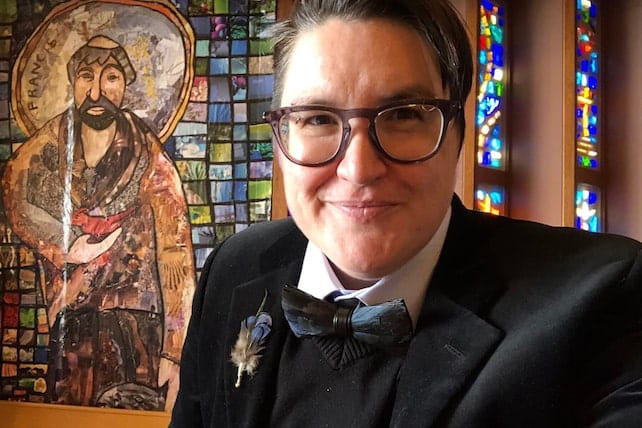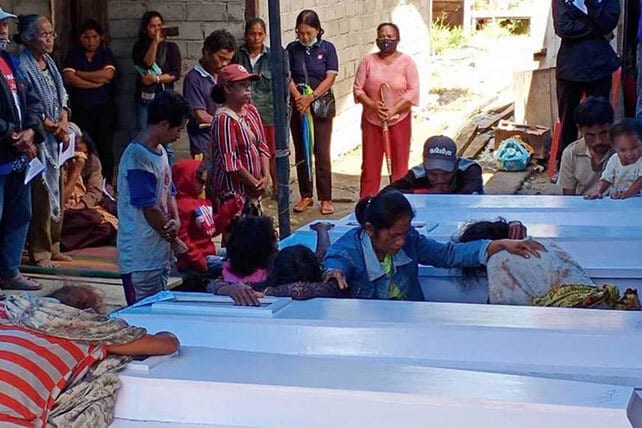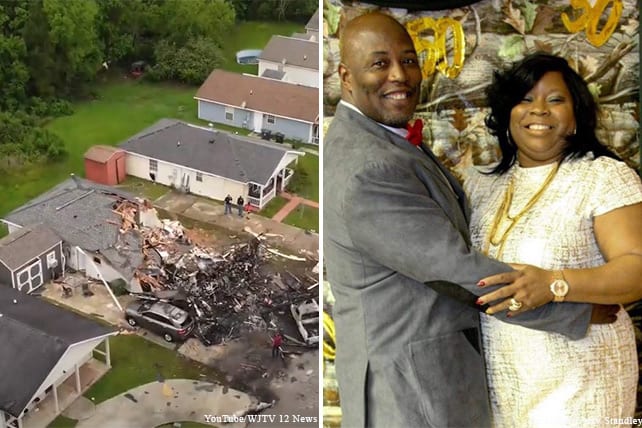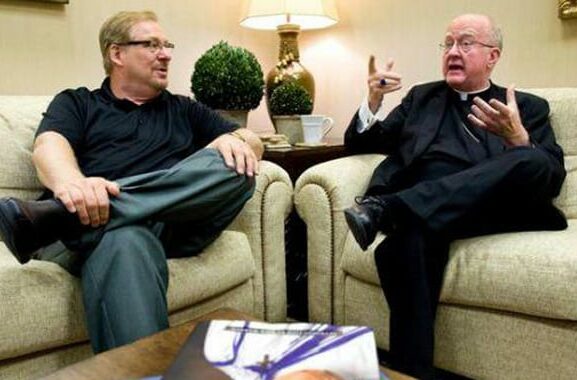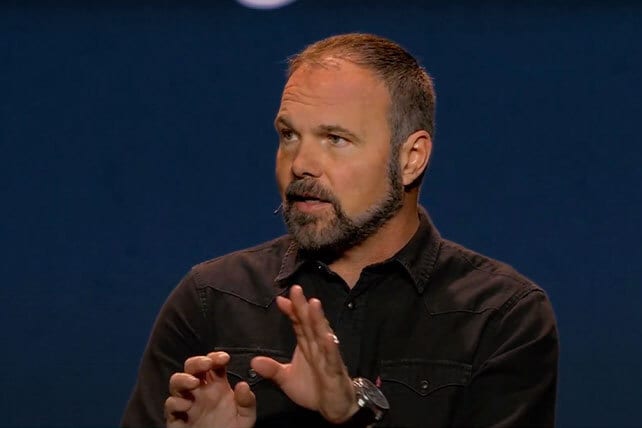Reactions continue pouring in after the May 8 election of the first openly transgender bishop in a major American Christian denomination. In an online vote, the Rev. Megan Rohrer, 41, became bishop-elect of the Sierra Pacific Synod of the Evangelical Lutheran Church in America (ELCA). Following a September installation, Rohrer will serve a six-year term overseeing 180 congregations in portions of California and Nevada.
Rohrer, who became the ELCA’s first transgender pastor in 2014, serves at Grace Evangelical Lutheran Church in San Francisco and is community chaplain coordinator for the city’s police department. In 2012, San Francisco’s board of supervisors declared August 12 “Pastor Megan Rohrer Day,” citing Rohrer’s advocacy for homeless people and LGBTQ youth.
RELATED: LGBTQ and the Church Podcast Series: A Conversation We Need to Have
What Rev. Megan Rohrer’s Supporters Say
“When we say all are welcome, we mean all are welcome,” said the Rev. Elizabeth Eaton, ELCA presiding bishop, after Saturday’s vote. “We believe that the Spirit has given each of us gifts in order to build up the body of Christ.”
Ellen Armour, a professor at Vanderbilt Divinity School, says the move is “groundbreaking” and marks a “new day.” It’s a signal, she adds, that the church won’t just crack open the door but will actively celebrate “the gifts that trans people, LGBTQ people, bring.”
Rohrer, who was once kicked out of a church youth group for being queer, credits college and seminary professors with “affirming that God was with me and for me, and affirming that I had gifts that could make a difference in this world, even if not everyone was able to imagine it yet.” Rohrer, who uses they/them pronouns, says, “I am delighted that my election points to the unending love God has for Their fabulously diverse creation.”
On May 12, Rohrer tweeted, “I promised to focus on evangelism. What a gift to be able to share my faith and stories about Jesus with nearly [every] major media outlet over these past 4 days.”
Al Mohler: “What We See Here Is a New Religion”
Leaders in more conservative denominations, meanwhile, warn about what they call the dangers of theological liberalism. The Rev. Albert Mohler, a Southern Baptist theologian who recently decried the “open apostasy” occurring within the United Methodist Church, says Megan Rohrer’s election constitutes “fundamentally redefining Christianity beyond the bounds of…any theological sanity.”
In his Briefing podcast Monday, Mohler said, “What we see here is a new religion. This is not a new step for Lutheranism. This isn’t even Lutheranism as Martin Luther might recognize it…This is a new religion that maintains the name Lutheran.”
Historic Lutheranism dates back to the 16th century, Mohler notes, yet the ELCA formed in 1988, and its precursor denominations began ordaining women just 51 years ago. The relatively swift developments leading to Rohrer’s election, he says, confirm that the ELCA “is not by any kind of theological definition evangelical.”
Mohler says, “You’re not looking at anything Martin Luther, the great reformer, would recognize, because it was Luther who said that his conscience was bound not by a moral revolution which he could not even have imagined, rather his conscience is bound by Scripture.”
For further reading on this topic, see the follow articles:
Juli Slattery: This Is How the Church Can Begin the LGBTQ Conversation
Mark Yarhouse: How to Pastor Someone Who Has Gender Dysphoria

